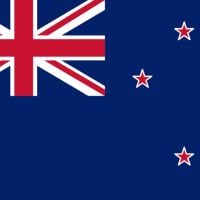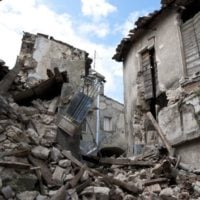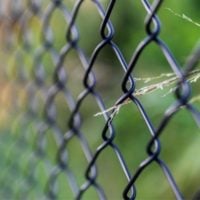Deadline: 16-Aug-2024
The U.S. Department of State Bureau of Economic and Business Affairs (EB) announces an open competition for organizations to submit a statement of interest (SOI) to carry out a program under the International Technology Security and Innovation (ITSI) Fund, created by the CHIPS Act of 2022.
Program Objectives
- The CHIPS Act established the ITSI Fund “to support the development and adoption of secure semiconductors, and semiconductor supply chains” with the goal to make the global semiconductor supply chain more resilient, diversified, and secure. EB administers a portion of the ITSI Fund, the “ITSI Promote” line of effort, to help expand international semiconductor assembly, testing, and packaging (“ATP” or “downstream”) capacity in key partner countries that will in turn diversify the global semiconductor supply chain. The goal of this program is to bring that capacity online in ways that will be beneficial to the new U.S. semiconductor manufacturing facilities as well as their allies and partners. The State Department announced its partnership with the Philippines under the ITSI Fund on November 16, 2023.
- EB’s objectives under the ITSI Fund are to:
- Expand and diversify the required workforce for semiconductor ATP facilities to ensure growth; and
- Improve regulatory environments that will encourage private sector efforts that generate additional capabilities in ATP facilities.
Categories
- This solicitation includes two (2) categories under which applicants may submit SOIs.
- Category 1: Workforce Development
- Illustrative activities include:
- Develop mechanisms to encourage more partnerships between universities/TVETS and semiconductor companies, and use lessons from partnerships with semiconductor firms to update curricula and develop more demand-driven systems.
- Expand semiconductor firms to access technology and sustainable use of shared testing facilities, like the Advanced Device and Materials Testing Laboratory (ADMATEL).
- Streamline the process for updating curricula at Universities and Vocational Education and Training (VET) providers, to include, implementing existing, best-of-class curriculum into Philippines educational institutions.
- Attract talent to the semiconductor industry in the Philippines, including incentivizing the repatriation of Filipino diaspora with semiconductor-related skills.
- Build or expand public-private partnerships that create a new pipeline of talent for ATP facilities, including by expanding internship, apprenticeship, and scholarship programs.
- Develop programs to certify students in equipment key to the ATP industry.
- Create or expand educational and training exchanges between Philippine and U.S. industry, academic institutions and research facilities, with a focus on ATP.
- Illustrative activities include:
- Category 2: Policy and Regulatory Reform
- Illustrative activities include:
- Develop a coherent long-term vision and national strategy for the development of the Philippine semiconductor ecosystem, with clearly defined policies, funding and goals.
- Reduce the time required for key processes relevant to the semiconductor industry, including business permits and chemical management permits.
- Increase the ease of doing business, including reducing red tape and regulatory burden (e.g. articulation between E-TRACC and the pre-existing systems in economic zones).
- Illustrative activities include:
- Category 1: Workforce Development
Funding Information
- Award Ceiling: $2,000,000
- Award Floor: $500,000
- Program Performance Period: 36 months or less.
Participants and Audiences
- Policy experts, industry leaders, educational institutions, and U.S. and foreign government officials. Beneficiaries should include, but are not limited to, Philippines educational institutions, and U.S. and foreign private industry. Work demonstrate collaboration with the Philippines government.
Priority Country
- Philippines
Eligibility Criteria
- The following organizations are eligible to apply:
- U.S. and foreign non-profit organizations, including think tanks and civil society/non governmental organizations
- U.S. and foreign public, private, or state educational institutions
- U.S. and foreign for-profit organizations
- Public International Organizations
For more information, visit Grants.gov.







































